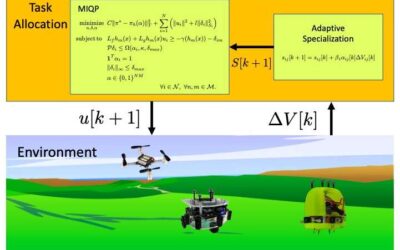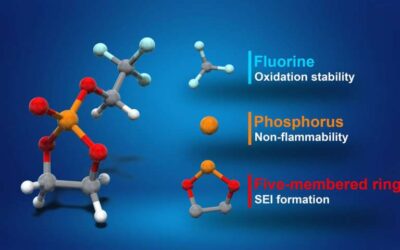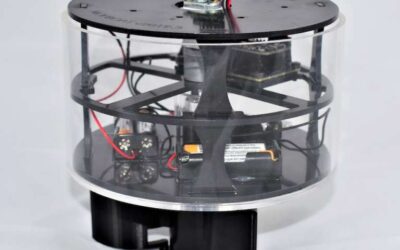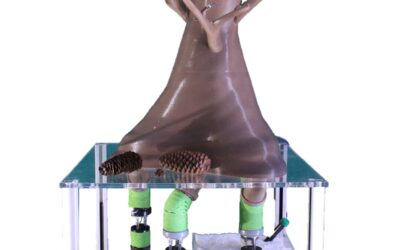In recent years, robots have become increasingly sophisticated, hence they are now able to complete a wide variety of tasks. While some robots are designed to work individually, for instance providing basic assistance in people's homes, others might be more efficient...
Earth & Environment
A cyclic phosphate-based electrolyte for safe and high voltage lithium-ion batteries
In light of the ongoing shift toward renewable energy technologies and the growing number of Internet of Things (IoT) devices, researchers worldwide have been trying to develop batteries that can operate more efficiently and for longer periods of time. Lithium-ion...
Reviewing recent developments in the electrolysis of saline water
Solar-powered technology, such as photovoltaics (PVs), could address some of the environmental challenges of our times, enabling the sustainable production of electrical energy in many geographical areas, including arid or desert regions. Many arid regions are located...
Modboat: A low-cost aquatic robot with a single motor
Researchers at the University of Pennsylvania's GRASP Laboratory have recently designed Modboat, a robotic boat that could be used to monitor oceans or carry out marine operations. This low-cost aquatic robot, presented in a paper pre-published on arXiv, can swim in...
Dr Neelke Doorn – A Fair Approach To Flooding
The number of floods has increased significantly over the past decade, with catastrophic consequences, both in terms of loss of human lives and damage to the environment. As on-going climate change is likely to increase the risk of flooding further, managing risks in...
The Plantoid Project: How robotic plants could help save the environment
A new species of machines might bring substantial change in the field of robotics, with research ongoing in to the potential role for the most essential organisms on the planet: plants.






